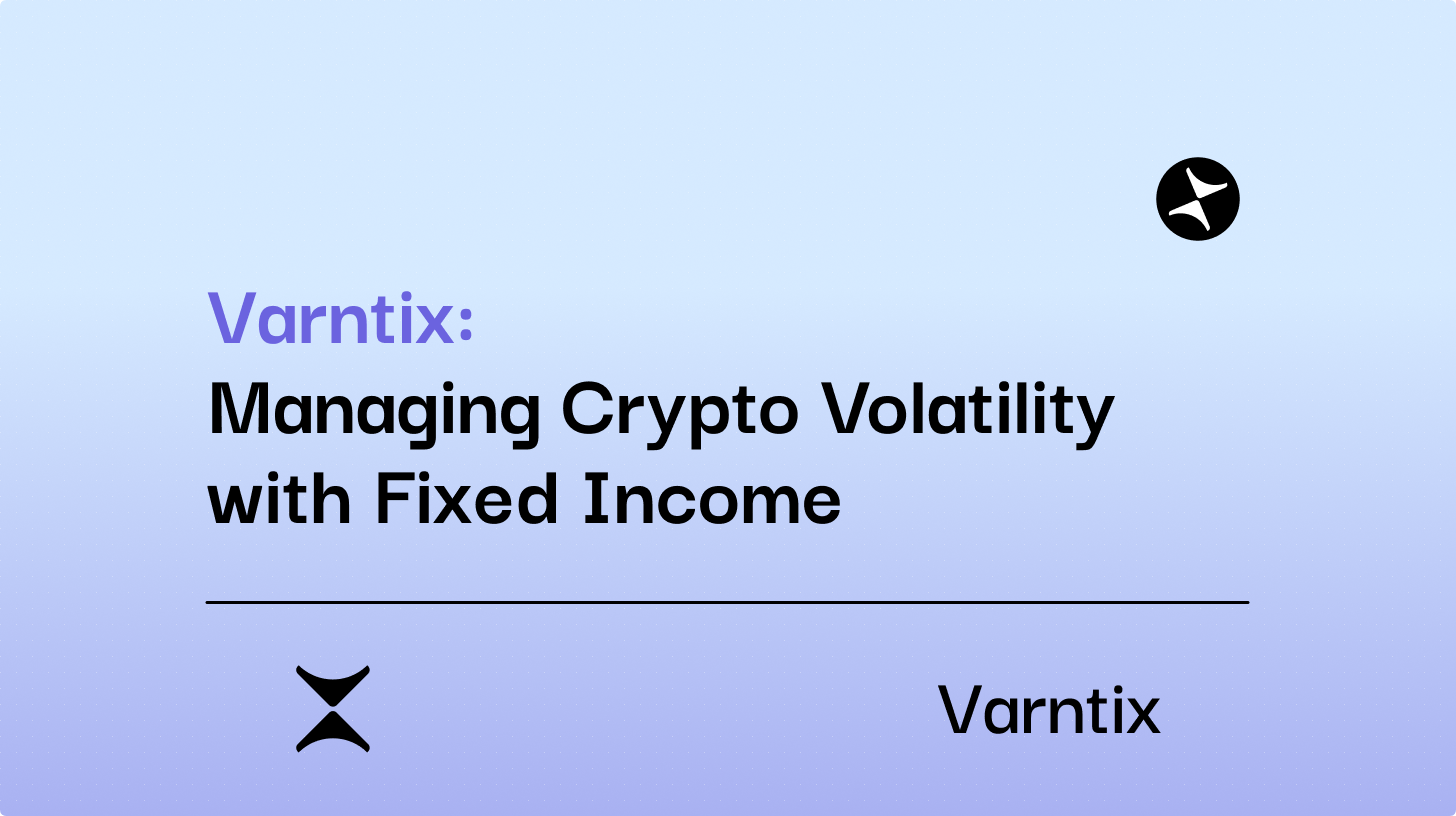Table of Contents
- Quick Overview: Understanding the Token Economy
- Defining the Token Economy
- 1. Tokens as Digital Representations
- 2. Motivating User Engagement
- 3. Facilitating Value Movement and Compatibility
- 4. Administration and Collective Decision Processes
- 5. Economics of Tokens and Their Distribution
- 6. Practical Applications of Token Economies
- Final Thoughts









